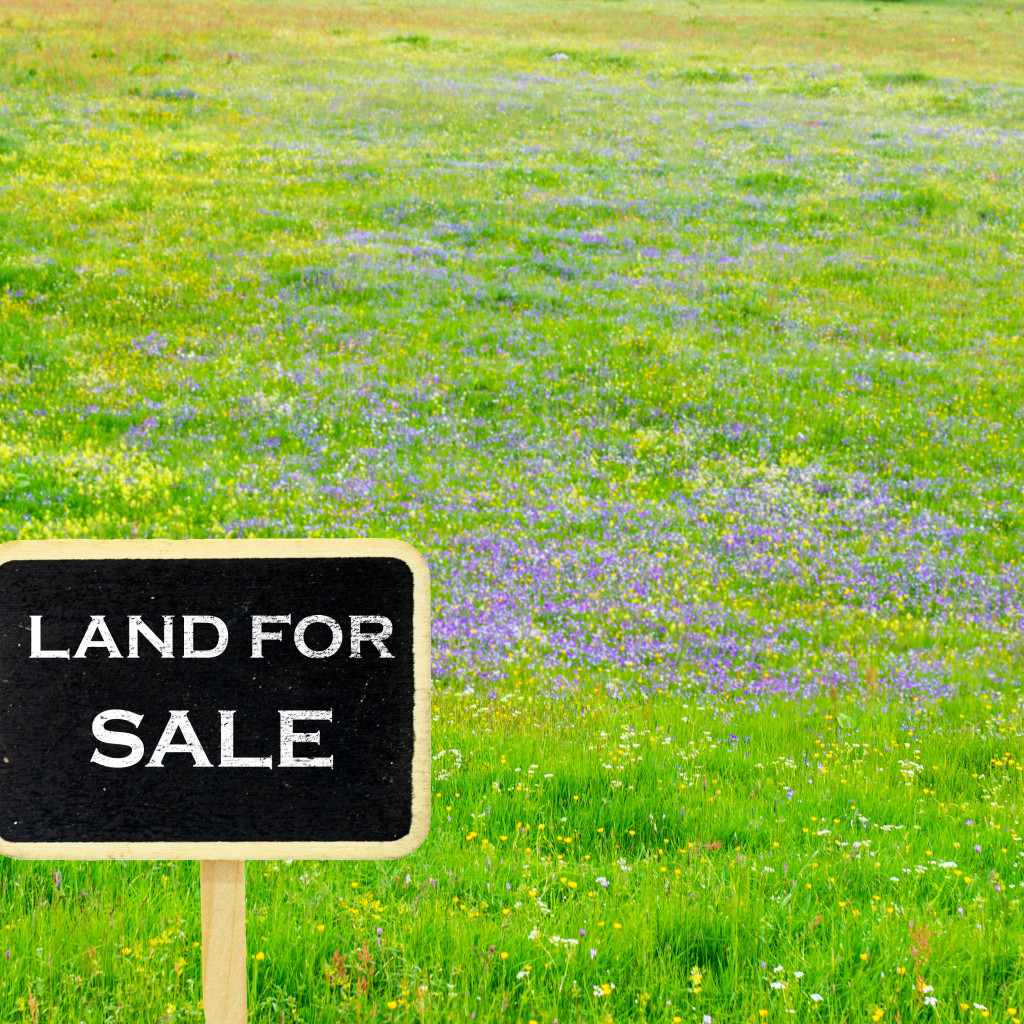It always serves to do some basic groundwork ahead of a sale of your land, whether that sale is imminent or not. Prior preparation can facilitate a smooth sale at the agreed price, rather than having to deal with the disappointment of delays and price adjustments down the line.
Tax
Always consider your tax position ahead of sale, including in particular:-
- Inheritance Tax (IHT): The sale of your land could bring to an end valuable Agricultural Property Relief or Business Property Relief that might have otherwise been available so you are likely to need a tax strategy that deals with IHT liability going forwards.
- Capital Gains Tax (CGT): The sale of your land is likely to result in a CGT liability unless there are reliefs available that you can use.
- VAT: In the rare case that land has been opted to tax then, VAT could be due to HMRC following the sale and you should take early advice as to how this may be mitigated.
Method of sale
Once you are clear what you want to sell and what, if anything, you wish to retain, consider how you will sell it – as whole or carved up into separate lots? Consider whether you will seek to sell privately, perhaps to an adjoining landowner, or if it would be best to instruct a selling agent to market the land.
If there is any prospect of the land being developed or used in a different way in the future then there are ways to structure a sale to benefit from that development value even if you would not be the one taking forwards the development.
Alternatively, is there any action you can take to increase the value of the land prior to sale, for example obtaining planning permission? Taking valuation advice early on can help you to determine whether such effort is worthwhile.
A good selling agent should advise you on all such matters and on which method of sale is likely to yield the best overall price.
Getting your land in order
If the title to your land is unregistered, consider instructing a solicitor to register it prior to sale. Although there is no strict requirement for registration prior to sale, it is likely to streamline the conveyancing process if you do so.
If anyone apart from you occupies any part of the land, will a buyer want to take on this arrangement? In the context of rural land unwritten “handshake agreements” are commonplace but can come with unintended consequences: giving an occupier under such an agreement reasonable notice to leave might not be sufficient to terminate their rights. You may need to take legal advice about the nature of the occupancy and how it should be ended or properly documented prior to sale.
Ensure that the land you are selling has adequate arrangements in terms of access (whether via a private right of way or directly from the public highway) and provision of services (whether mains or private).
If you are retaining land you will need to give thought to what rights you will need to reserve out of the land being sold and what rights you might need to grant as well as considering practical matters such as who will attend to any fencing or severance of water and electricity supplies.
Pull together all the information that a prospective buyer will expect to see. This will include:-
1. Title deeds (even if title is registered these could be relevant to a sale);
2. Statements/declarations addressing any defects in the title;
3. Indemnity insurance policies;
4. Tenancy agreement documentation;
5. Planning documentation for buildings or changes of use where you have diversified into, for example, holiday lets or wedding venue or fisheries;
6. Where relevant, drainage and water supply plans together with any environmental licences, servicing records or test certificates, invoices;
7. Wayleave agreements;
8. Information regarding any Sustainable Farming Incentive, Woodland or Countryside Stewardship schemes (even if these will not pass to a buyer);
9. Documentation for any ‘green energy’ e.g. solar /biomass/wind turbines/hydro.
Final steps
Where selling only part of your land, you may need to ask a surveyor to draw up a plan delineating the boundary of the part you are selling and any access to it.
You will need to instruct a solicitor to advise on and deal with the sale on your behalf. They should prepare for the sale by assisting you with completing the relevant forms, collating the necessary documentation, pre-empting any issues and preparing a draft contract. It is sensible to choose a firm that specialises in such matters.
Here at Tozers we have long established relationships with landowners, farmers, and countryside estates.
So, whether you need advice on a sale or purchase of your land or farm, help with a planning issue or any dispute relating to your land or are looking to pass your estate or business on to the next generation, we are here to help.





